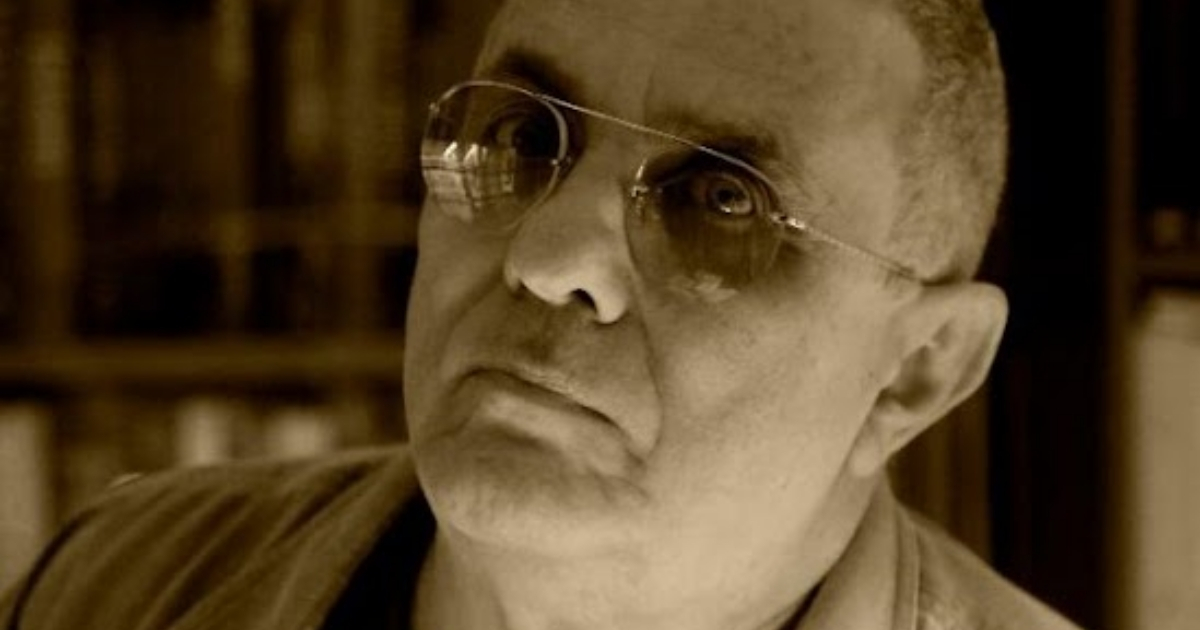
The writer Abilio Estévez abandoned all hope of returning to Cuba because he considers it a country "that was lost forever."
After presenting his book How I met the tree planter (Tusquets Editores), Estévez spoke with the Spanish press about the main features of this text of stories, where feelings such as nostalgia, longing and resignation emerge.
"The Cuba I need is the one I lived in my childhood and youth. It goes with me. This book shows that I am in that place. Everything else is a kind of simulacrum," he told the newspaper. The reason.
The new book by the Cuban writer, based in the Balearic Islands, Spain, talks about "paradise lost", and that feeling of suppression is present in the different stories that make it up.
"I think it is a book about wandering, about losing your place, I mean, about forcing yourself to lose your place, trying to have it from the fabrication of memory, a fictional world. It is a book about restoring a place to through the fact of having to narrate it, searching for literary keys," he said.
Nostalgia and melancholy, which for the author are not the same, go hand in hand in How I met the tree planter, but above all, he confesses that there is a kind of fiction that is mixed with memory and he does not know if he longs for "a country or a time", more than anything when he looks back at the past and realizes that he wants to love in that place that It is related to your childhood or adolescence.
"It is not the same to live in Barcelona, a city that changes, that transforms into another and becomes bigger, than a city like Havana, but I can talk about the entire country, which has been devastated in a war that did not exist. "It's pure destruction," he lamented.
Abilio Estévez (Havana, 1954) left Cuba at the age of 46 and from exile has become a critical voice of the state's cultural institutions.
At the end of 2020, he published a harsh response to the Union of Writers and Artists of Cuba (UNEAC), after it issued a statement against the San Isidro Movement and independent art.
"The UNEAC statement, quoting (of course) José Martí, states: 'Men are in two camps: those who love and build and those who hate and destroy'", Estevez wrote on Facebook, while sharing several images of the state of deterioration of Havana.
What do you think?
COMMENTFiled in: